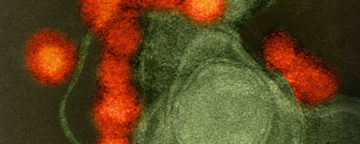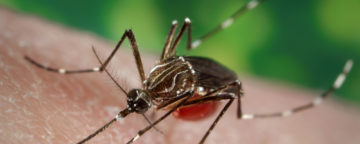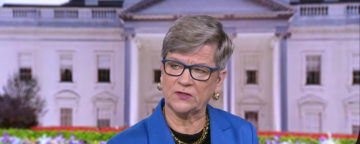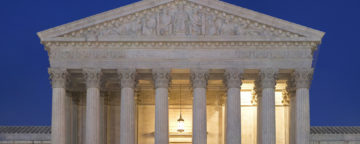For this year's Citizenship Challenge essay competition, the Rendell Center for Civics and Civic Education asked 4th and 5th grade students in Philadelphia why the First Amendment was important to them


For this year's Citizenship Challenge essay competition, the Rendell Center for Civics and Civic Education asked 4th and 5th grade students in Philadelphia why the First Amendment was important to them

Despite the fact that the holiday season has some of the lowest average daily suicide rates, some journalists continue to inadvertently perpetuate the holiday-suicide myth.

A series of papers originally presented as works-in-progress at a Zika communication summit at APPC in March 2017 were published in a special issue of Risk Analysis on “Communicating About Zika,” aimed at providing theoretical and practical insights.

Research finds that cannabis use among teens does not appear to lead to greater conduct problems or greater affiliation with other teens who smoke cannabis -- it's teens with conduct problems who are more likely to gravitate toward cannabis use.

A study of media coverage of the 2016 Zika virus outbreak found that while stories focused more heavily on certain risk aspects than others, it was the volume of Zika news coverage that increased public familiarity.

Kathleen Hall Jamieson appeared on MSNBC's "Morning Joe" and "Andrea Mitchell Reports" to discuss "Cyberwar," her book about Russian interference in the 2016 U.S. election.

'NewsFeed Defenders' from iCivics and APPC teaches students and adults to differentiate between what’s real and what’s not by challenging them to moderate an online community news site while resisting clickbait, viral rumors, and biased sources.

In Cyberwar, Kathleen Hall Jamieson investigates the role of Russian hackers and trolls in the 2016 presidential election and argues it is likely that Russian help was crucial to Donald Trump's victory.

The annual Annenberg Constitution Day Civics Survey found that Americans are familiar with constitutional provisions on pardons and impeachment but know less about fundamentals like the three branches of government.

Annenberg Classroom has released a new video on the history and impact of the Supremacy Clause, which establishes that the Constitution and federal laws are the supreme law of the United States.